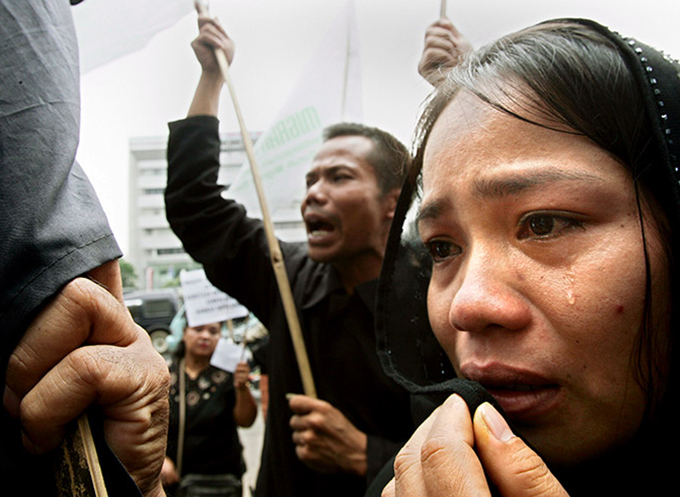
By Euan Black in Jakarta
An Indonesian woman who worked in Saudi Arabia for 22 years has been paid for the first time after being escorted home by an Indonesian state-run agency that had been alerted to her case by concerned family members, according to Coconuts Jakarta.
Sukmi bint Sardi Umar had been working in the Middle Eastern country since 1995 when she was 18 years old.
After her family did not hear from her from her for years, they brought her case to the state-run Center for Manpower Domestic Worker Protection and Placement Service (BP3TKI), which was able to locate Sukumi with the help of the Indonesian embassy in Riyadh.
Upon finding Sukmi, they learned she had not yet been paid for her 22 years of work. After negotiations with her employer, the Indonesian government agreed to a $44,000 (NZ$60,000) payout for Sukmi – the equivalent of $166 per month in back pay.
While the details surrounding Sukmi’s case have yet to be revealed, Gatot Hermawan, the head of BP3TKI, told reporters trying to interview her at Jakarta’s Soekarno-Hatta Airport last Saturday that her time in Saudi Arabia had left her “depressed” and with “communication problems”.
It is the latest in a series of cases of Indonesian migrant workers being kept in conditions that have been likened to “virtual slavery” by the US-based Human Rights Watch.
Migrant workers struggle to escape such abusive conditions as their employers often withhold their passports or threaten them with jail once they have overstayed their visas – a real danger due to the country’s kafalah system, which ties workers’ visas to sponsorship from their employers.
In 2015, the Indonesian government banned domestic workers from working in 21 Middle East countries, including Saudi Arabia, after two Indonesian maids were executed by the conservative Islamic country for murder without any prior consultations with Jakarta.
But the blanket ban was met with fierce criticism from rights groups who said that far from eliminating the practice of Indonesians working abroad, it would drive the industry underground, making it even more difficult to protect the rights of domestic workers.
Yet the ban, which respected pre-existing arrangement or contracts, remains in place.












































